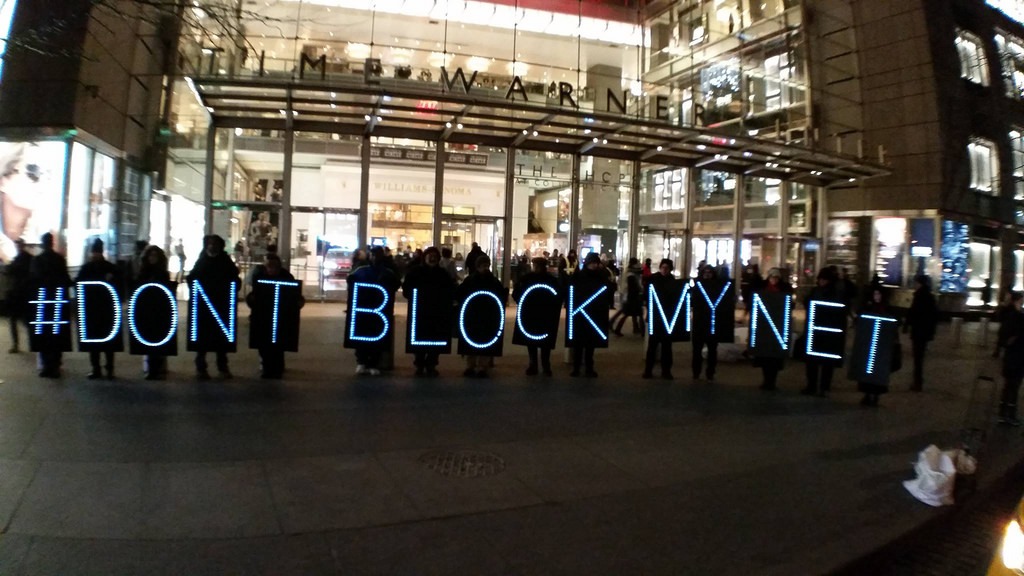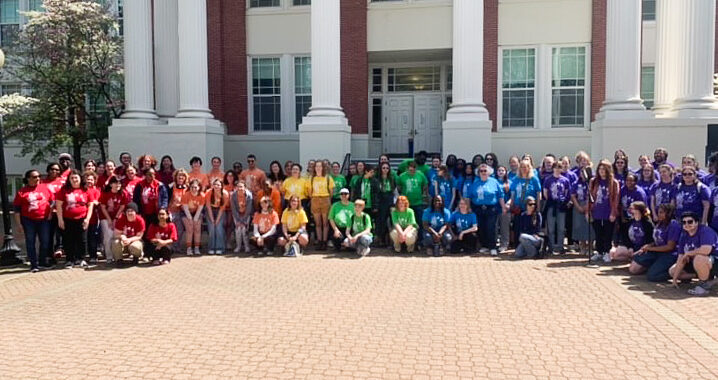Net neutrality at risk
3 min read
Flickr
By KEELY CERVANTES
Staff Writer
Recently the Federal Communications Commission (FCC) has planned to place a higher price for use of the World Wide Web by getting rid of net neutrality. Net Neutrality has recently been making headlines across America, as the FCC continues to push their proposal of allowing broadband companies to control the speeds and their pricing on the internet.
The new chairman of the FCC, Ajit Pai wants to end net neutrality which would allow internet companies like Verizon and AT&T the ability to increase pricing for the use of the internet by creating “fast lanes.” This means that web companies would have to pay for the extra charges.
Apps such as Netflix and video games on the other hand would be put in with “slow lanes.” The increase in price means that consumers who use these internet applications would have an increase in rates. The decision of net neutrality will be made on Dec. 14, of this year.
The internet is vital to the education of many college students specifically. If net neutrality is taken away, many will have to invest for faster internet speed. The slower lanes of the internet will increase the amount of time one spends on the internet and cause longer delays for those who do most of their schooling online.
“I believe the plan to get rid of net neutrality is not a good decision, as it will only benefit large corporations and the few rich people… losing net neutrality would affect my learning personally because almost all classes in general have at least one online element,” said sophomore Abbey Dyer, double major in historic preservation and studio art.
Many students depend on the internet for numerous learning purposes, and the school system uses web based applications for many of their school resources. UMW also frequently uses many internet based applications for teaching their classes. The internet is something students depend on for research and greater learning outside as well as in the classroom.
There are students at UMW that feel strongly about the FCC’s initiative to get rid of net neutrality because of the possible effects it would have on their education as well as how they function on a day-to-day basis. During Obama’s presidency, the administration as well as internet providers welcomed net neutrality to create a free and open internet.
“I feel that it is a danger to the first amendment… It will allow corporations to suppress dissent and proliferate narratives that benefit them,” said senior Ryan Lowry majoring in creative writing. “It will make education, genuine education more expensive.”
Now that Donald Trump is president, he has decided to give the position over to Republican Ajit Pai so that together they can take away net neutrality to place higher government control over broadband business. This proposal to diminish the freedom of the internet has been met with opposition from websites and users alike.
“It’s the principle that all data on the internet should be treated the same, so what if my provider makes the website that grants access to many other free and paid articles something I’m charged for?,” said junior Rose Connolly a computer science major. “I feel like that would discourage students from using these websites.”
As the decision date to repeal net neutrality is slowly approaching, there are thousands of people that support the net neutrality and have decided to get in contact with congress as an act of defiance against the proposal to get rid of it. There are also supporters who have decided to demonstrate their opposition by standing outside of stores like Verizon to get the message across as well as making petitions online for internet users to sign to show their views on the idea.











